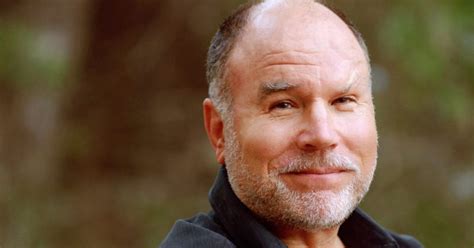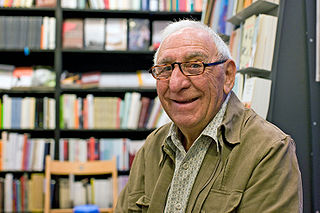A Quote by Henry David Thoreau
Fame itself is but an epitaph; as late, as false, as true.
Related Quotes
The term 'epitaph' itself means 'something to be spoken at a burial or engraved upon a tomb.' When an epitaph is a poem written for a tomb, and appears in a book, we are aware that we are not reading it in its proper form: we are reading a reproduction. The original of the epitaph is the tomb itself, with its words cut into the stone.
Either Christianity is true or it's false. If you bet that it's true, and you believe in God and submit to Him, then if it IS true, you've gained God, heaven, and everything else. If it's false, you've lost nothing, but you've had a good life marked by peace and the illusion that ultimately, everything makes sense. If you bet that Christianity is not true, and it's false, you've lost nothing. But if you bet that it's false, and it turns out to be true, you've lost everything and you get to spend eternity in hell.
Prophet may you be! If I be false, or swerve a hair from truth, when time is old and hath forgot itself, when waterdrops have worn the stones of Troy, and blind oblivion swallowed cities up, and mighty states characterless are grated to dusty nothing, yet let memory, from false to false, among false maids in love, upbraid my falsehood!
All religions, plainly and simply, cannot be true. Some beliefs are false, and we know them to be false. So it does no good to put a halo on the notion of tolerance as if everything could be equally true. To deem all beliefs equally true is sheer nonsense for the simple reason that to deny that statement would also, then, be true. But if the denial of the statement is also true, then all religions are not true.



































